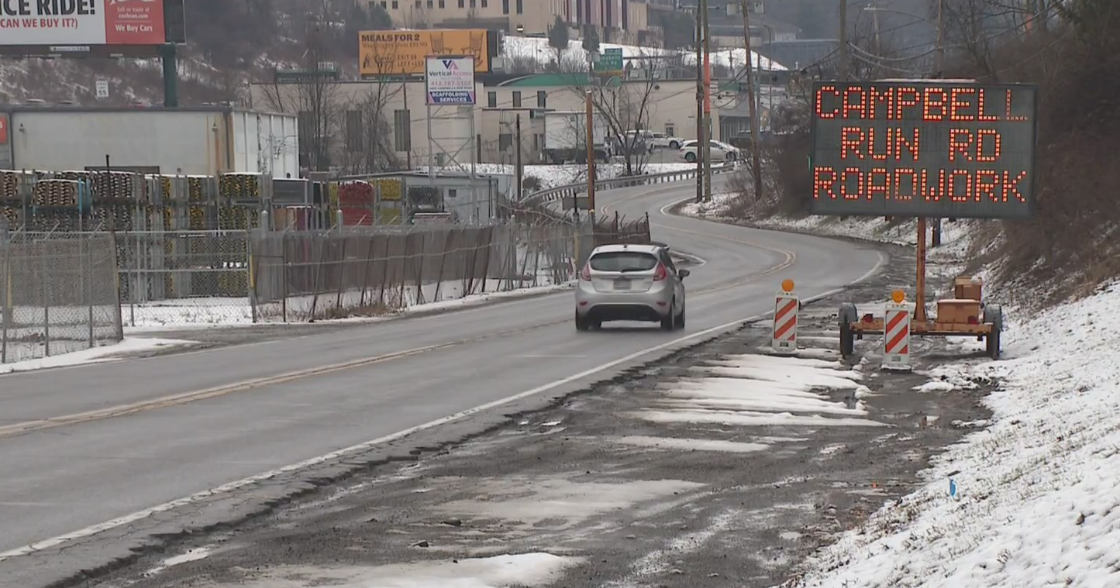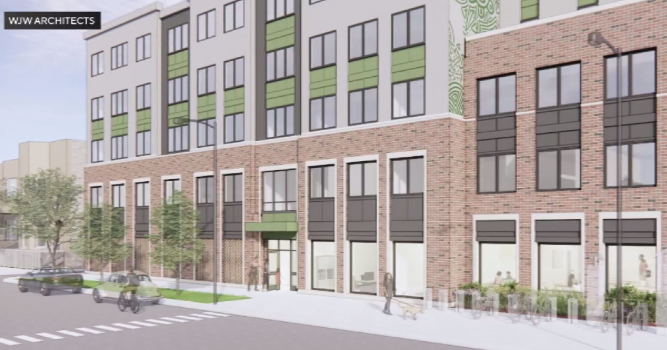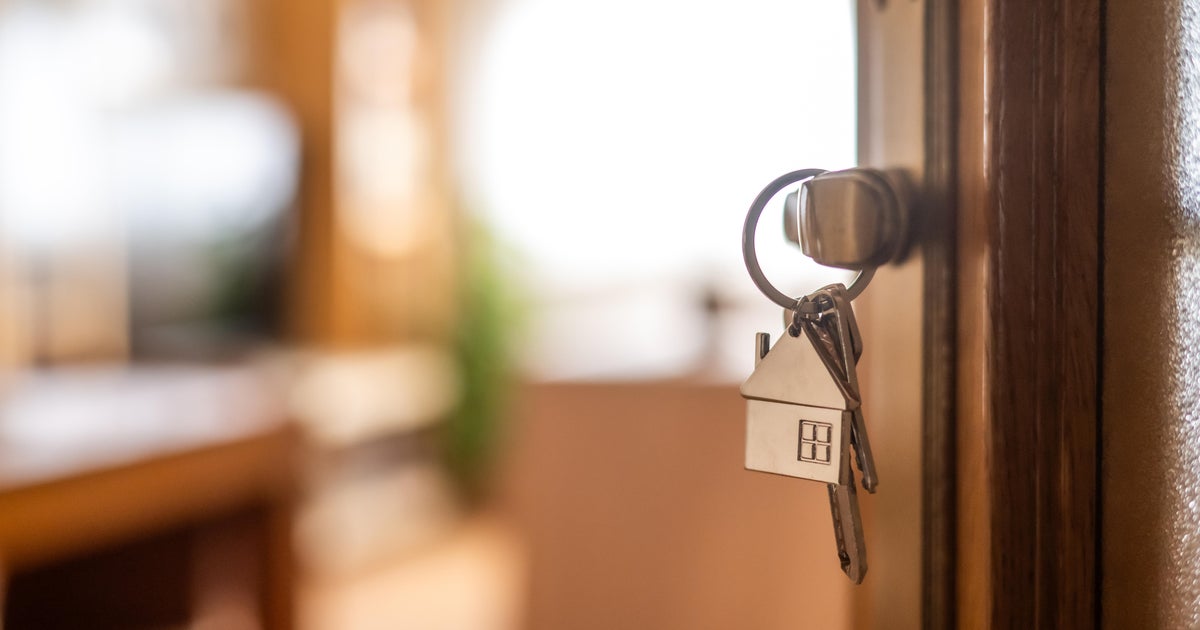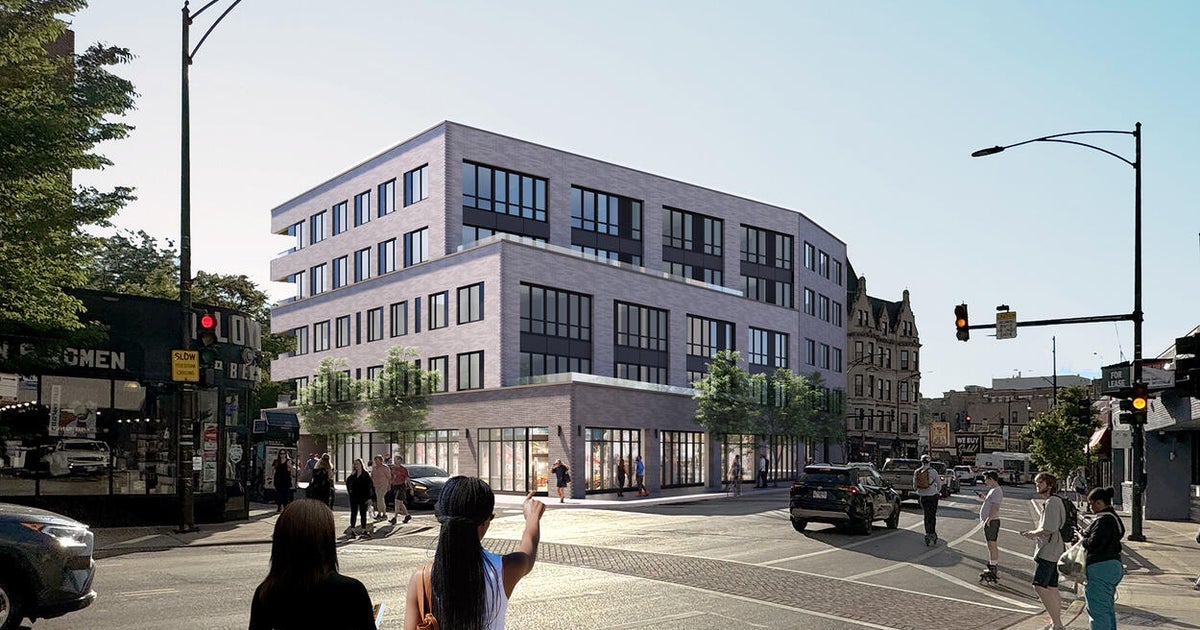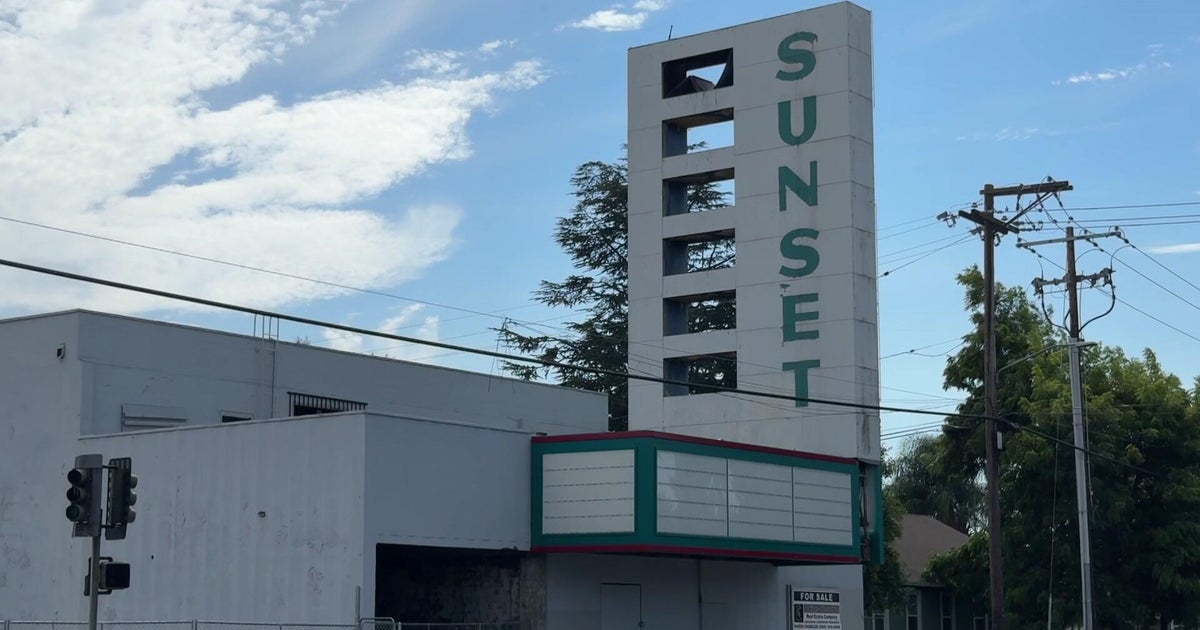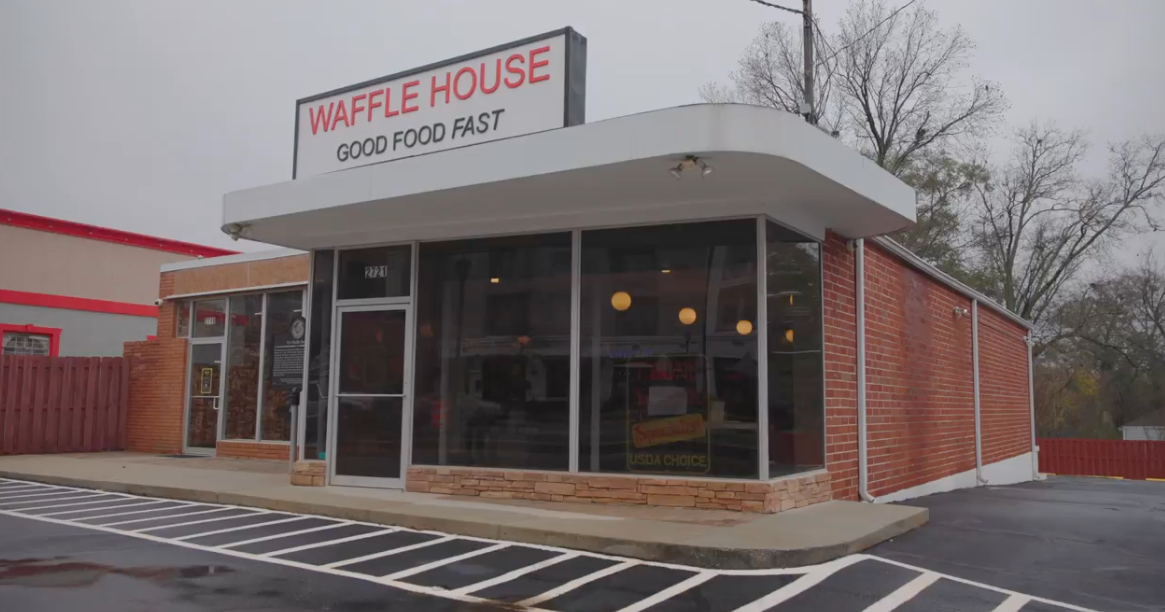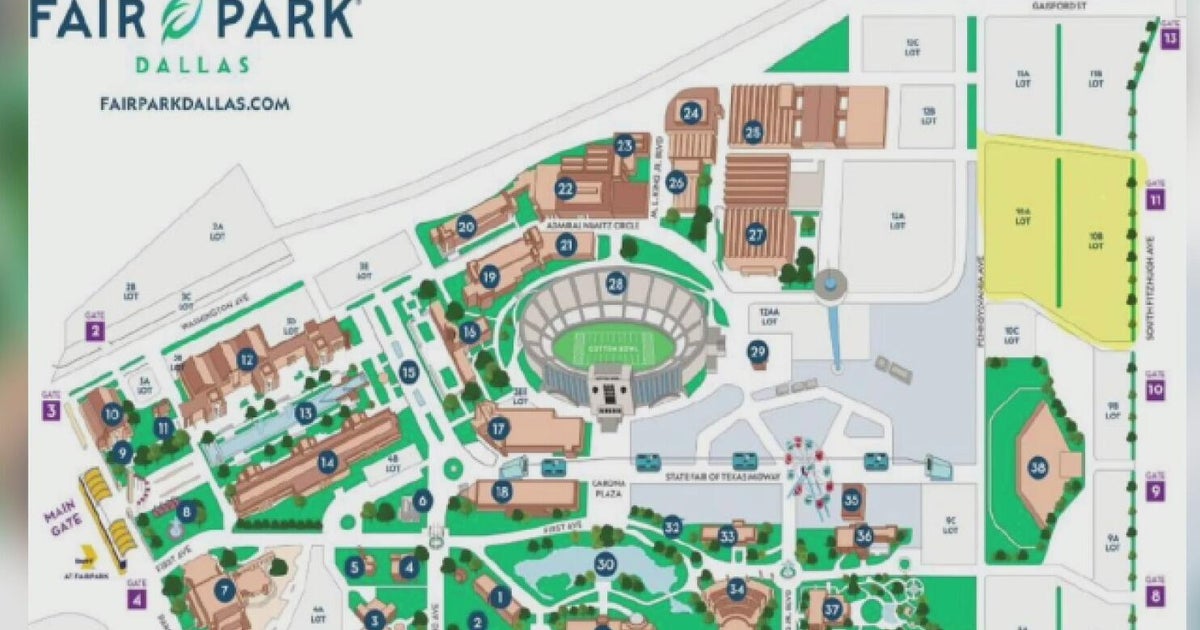Affordable housing project in Homewood could ignite revitalization in neighborhood
PITTSBURGH (KDKA) — A new affordable housing project is on its way to one of Pittsburgh's most distressed neighborhoods.
Buildings that have been empty eyesores for years in the city's Homewood neighborhood were purchased for development thanks to a big investment from a non-profit organization that creates healthy neighborhoods through partnerships and programs that empower Pittsburgh residents.
Neighborhood Allies invested $800,000 in a 69-unit affordable housing project. The money went to Pennsylvania Affordable Housing Corporation, a nonprofit developer, and it used that money to buy 11 buildings across various streets, including Brushton Avenue and Tioga Street.
"They're blighted properties. So, along with brining 69 new units of affordable housing online, it'll also significantly contribute to reducing blight in Homewood," said Javier Janik, Neighborhood Allies' program manager for economic opportunity and investment.
Janik said Neighborhood Allies focuses on helping revitalize the historically Black neighborhood that's in need of development dollars and projects like this. This new project will be in two phases, and the first will rehab 30 of the 69 units.
"Twenty-seven of those will be rented to at or below 50% area median income. And then another three are reserved for at or below 20% area median income. So, a significant contribution to affordable housing availability in the Pittsburgh market," Janik said.
Other funding sources will help PAHC complete the renovations. Janik said it's exciting to be the first to support the project.
The funding provided to PAHC came from Neighborhood Allies' Neighborhood Capital Program, which exists to tackle inequalities in real estate development.
"Minority developers have historically been shut out of that market. So, we are very intentional about partnering with Black-led developers in Black communities," Janik said.
He said this project will make a significant impact.
"It's about the year-long relationships that we build with these developers and trusting them to be empowered to restore the communities that they're developing in," he said.
